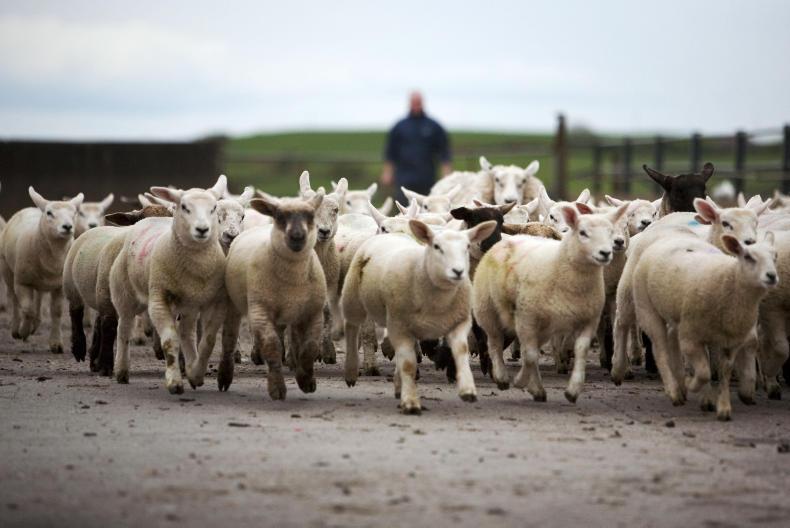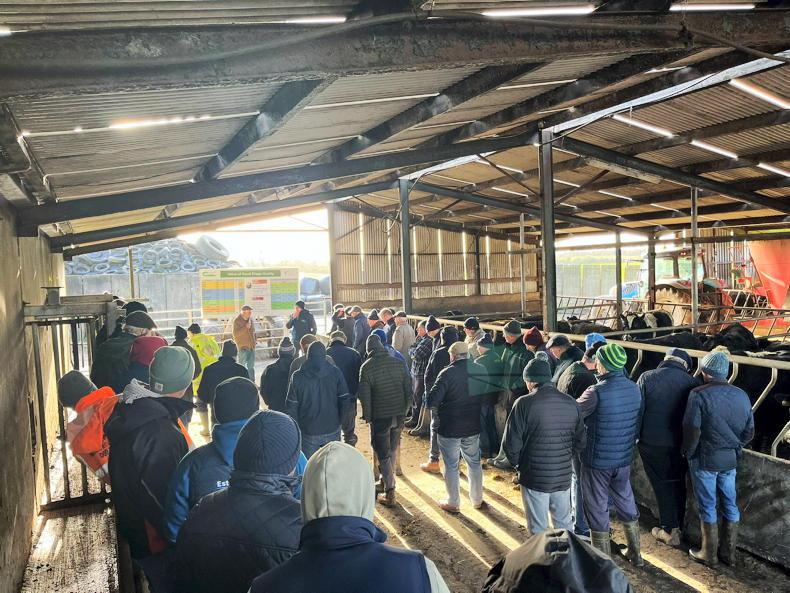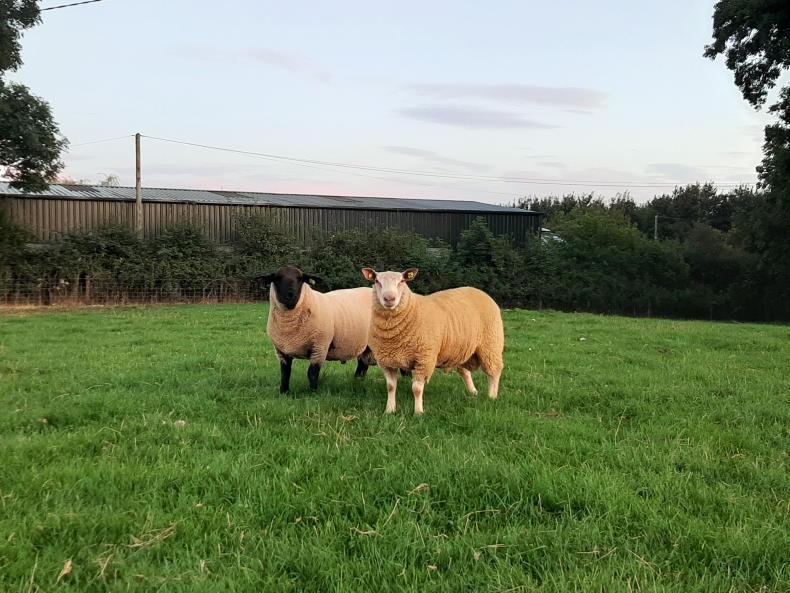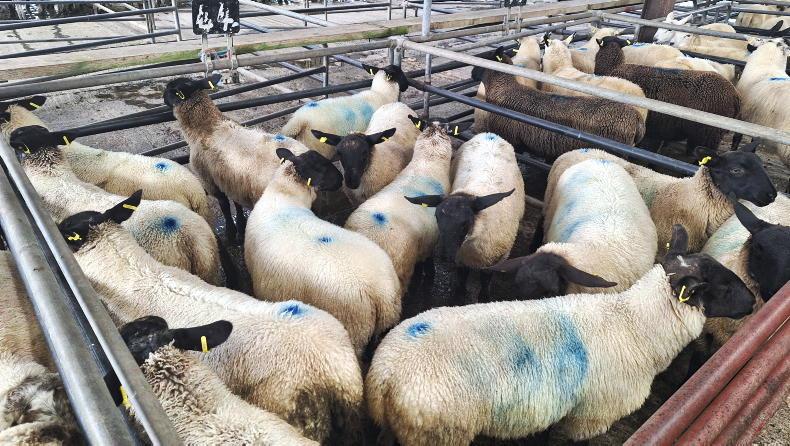Drought management
This week’s sheep feature on pages 34-35 details advice on dealing with drought. Circumstances vary greatly between farms, but the overriding message is similar. Conditions should be reviewed on a continuous basis, as it will be much easier to get back on track if steps are taken early. Failing to do so will only lead to an escalation in issues down the line. Farms with heavier land and those that received significant rainfall at the weekend are in the best position to boost grass growth. Swards have been under pressure for quite some time, but will recover pretty fast – provided nitrogen is available to help recovery. Applications should be timed to coincide with forecast showers to have the best opportunity of delivering a benefit. There will also be a gain from applying compound over straight nitrogen fertilisers.
Worm burden
The high temperatures and lack of moisture have at least had one positive, with a lower worm burden present in recent weeks. Last week’s rainfall could, however, generate a spike in worm burdens and this is something farmers need to be mindful of, particularly with lambs tightened up and grazing so tight. Vets recommend farmers take faecal egg samples more frequently (weekly to fortnightly) to determine the need to treat lambs. Anthelmintic resistance remains a rising concern and farmers that have any doubt about the efficacy of any active ingredient should carry out a faecal egg count reduction test to determine if there are resistance issues to the anthelmintic class in question. The list of laboratories approved by the Department for analysis of faecal egg counts as a chosen measure in the sheep welfare scheme can be found at www.agriculture.gov.ie/farmerschemespayments/basicpaymentschemegreeningareasofnaturalconstraint/sheepwelfarescheme.
Blowfly strike
Most farmers have taken steps to deal with the recent spike in blowfly in lambs, but it is important to note that ewes are also at risk – with a spike in cases in ewes that have been shorn for a significant period. As is the case with lambs, take care to segregate ewes if the withdrawal period will interfere with planned culling.
Cobalt supplementation
Cobalt deficiency generally surfaces in late July and into August. Lambs do not store cobalt in their body, therefore regular supplementation is necessary. The importance of this is heightened where there is a known deficiency or history of issues on the farm. If this is the case supplementation is required every two weeks, if drenching, while boluses will offer a longer period of protection.
Minerals can also be incorporated into meal feeding, but it is important not to take this for granted as some simple cereal-based rations may not contain minerals. This should be documented on the ingredient list or made available, if requested.
Tell-tale signs are lambs thriving below target and going dry in the wool despite being fed adequately, while more serious cases include lambs pining away with characteristic signs of skin flaking on lamb’s ears.










SHARING OPTIONS